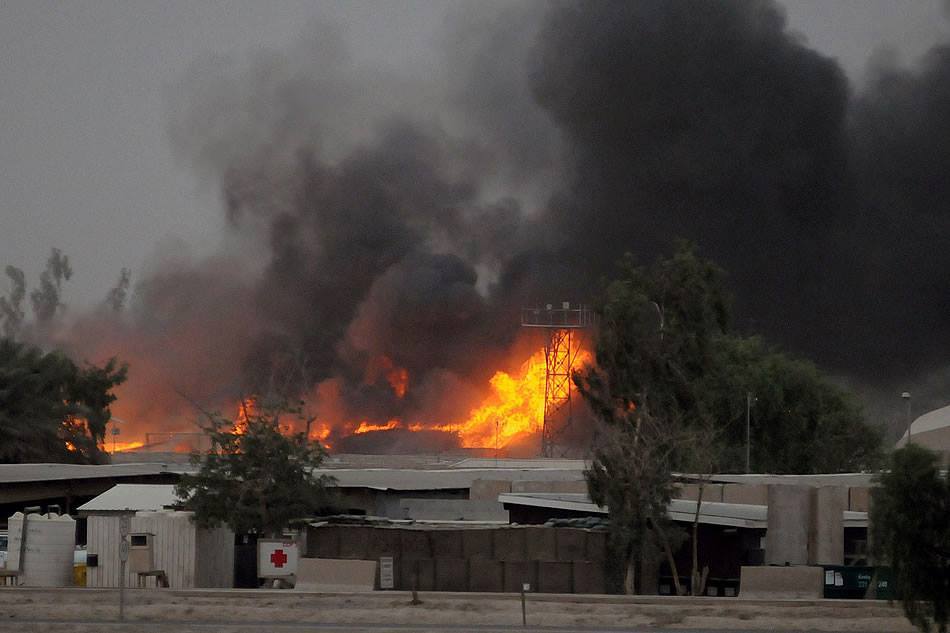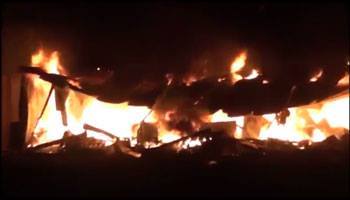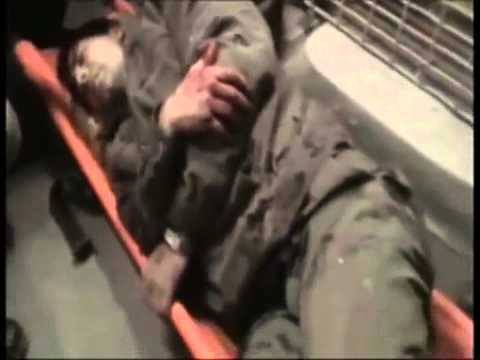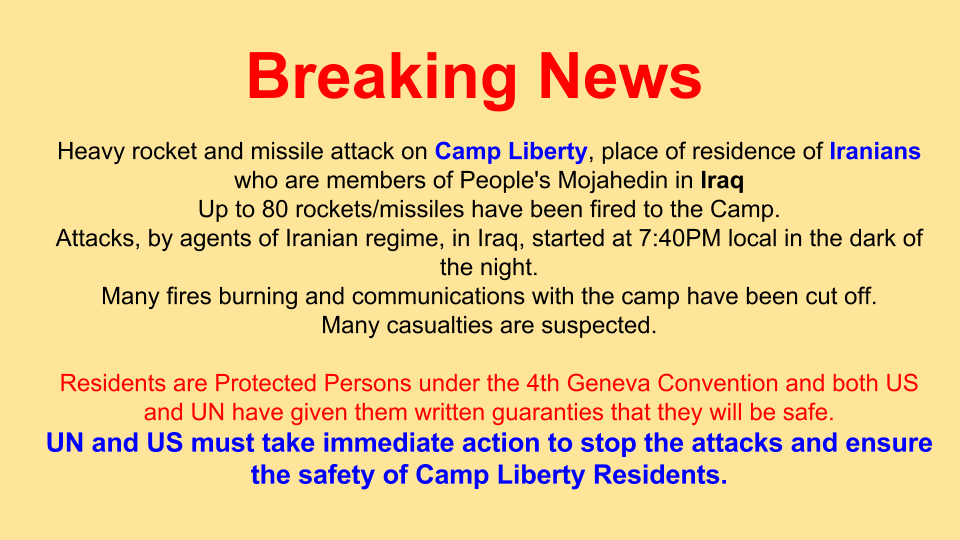So, exactly what is this Clinton Foundation about? Well nothing like one would think and the laws broken fall on that pesky IRS division that Lois Lerner (Loretta Lynch, at the DoJ refused to prosecute) where no one seems interested in proceeding on IRS law violations.
By Ken Silverstein
The Clinton Foundation has gotten a good deal of unflattering attention as of late, which isn’t surprising given that its best known namesakes are Bill, a former president and Hillary, who hopes to be the nation’s next leader. The foundation portrays itself as do-gooder nonprofit organization but a cursory look reveals questionable and incomplete disclosures of its activities and accounts, as well as misspending of donor money, virtually since its inception.
Those lapses appear set to catch up with the foundation (now formally known as the Bill, Hillary, & Chelsea Clinton Foundation), which has until November 16 to amend more than ten years’ worth of state, federal and foreign filings. According to Charles Ortel, a financial whistleblower, it will be difficult if not impossible for the foundation to amend its financial returns without acknowledging accounting fraud and admitting that it generated substantial private gain for directors, insiders and Clinton cronies, all of which would be against the law under an IRS rule called inurement.
While inurement may sound obscure to the layman, it’s an ancient legal principle and the IRS is very clear that it is verboten. If you are familiar with it, it becomes immediately clear that Bill Clinton – and arguably Hillary and daughter Chelsea as family members and fellow Clinton Foundation trustees – could have big problems come November 16. So, too, could Clinton cronies like Ira Magaziner (see below) and Doug Band, a Clinton administration and former foundation insider who subsequently became a founding partner of a bipartisan business swamp called Teneo Holdings.
The Clinton Foundation’s returns show revenues of $359.3 million between 2001 and 2006 and claim spending of $164.5 million on all program services, which includes its spending to provide relief to victims of the Tsunami in Asia and of Hurricane Katrina. The same pattern of taking in vast sums from donors and spending far less to help victims has continued ever since.
“It’s illegal to set up a foundation whose primary purpose is to create financial gain,” said Ortel – who helped expose massive financial fraud by GE, GM and AIG, thereby helping trigger the 2008 financial collapse. “That’s bright line illegal.” (Ortel wrote an article at Breitbart.com earlier which showed how “associates of Bill and Hillary Clinton may have attempted to monetize their participation in Clinton family philanthropic activities.”)
Ortel, a former managing director of Dillon, Read & Co, said that under New York law tax authorities don’t have to show criminal intent to get convictions against foundation officials, they need only show that the foundation filed materially misleading financial information and kept fundraising nonetheless.
“The essence of what a charity does is take your money and show you how they spend it,” he told me. “The Clinton Foundation takes your money and obscures how they spend it.” (Note that the Clinton Foundation only started disclosing its donors in 2008, following years of pressure.)
Foundation spokesman Craig Minassian did not reply to repeated requests for comment for this story.
Ortel is hardly alone in raising questions about the Clinton Foundation’s accounting practices. Earlier this year, the watchdog group Charity Navigator put the Clinton Foundation on its “watch list” of dubious non-profit groups and politely described its business practices as “atypical.” A New York Post story about the development noted that in 2013 the family’s foundation “took in more than $140 million in grants and pledges…but spent just $9 million on direct aid.”
Charity Navigator is described by the Chronicle of Philanthropy as the country’s “most prominent” nonprofit watchdog and “ranks more than 8,000 charities and is known for its independence,” New York magazine reported at the same time. That story noted that Charity Navigator’s new ranking of the Clinton Foundation placed grouped it together with other “scandal-plagued charities like Al Sharpton’s National Action Network and the Red Cross.”
Detailed information provided to me by Ortel – and which I carefully reviewed and confirmed — shows that since its founding, the Clinton Foundation has received more than $1 billion to purchase HIV/AIDS drugs for poor people in Africa, Asia and elsewhere. The leading donors to the foundation to support this admirable goal include the Bill & Melinda Gates Foundation and UNITAID.
However, a unit set up to receive the money – the Clinton Foundation HIV/AIDS Initiative Inc., which was run by Magaziner, a Clinton administration veteran with close ties to Hillary – appears to have spent far less than it took in. The unit’s accounting was so shoddy that in 2008, the state of Massachusetts revoked its license.
Furthermore, the accounting firm that handled much of the paperwork, BKD, has been implicated in a variety of misconduct. For example, last year the Securities and Exchange Commission sanctioned BKD for “violating auditor independence rules when they prepared the financial statements of brokerage firms that were their audit clients.”
(As reported by the Washington Free Beacon, BKD was replaced as the foundation’s accountant by – no, I’m not making this up – PricewaterhouseCoopers, whose previous clients included Enron. That firm’s CEO, Kenneth Lay, died of a heart attack before he was shipped off to prison after engineering one of the biggest financial frauds in American history, with the help of accounting firms like PricewaterhouseCoopers.)
Ortel has issued two little-read reports that strongly suggest that the New York-headquartered Clinton Foundation has violated federal and state laws that bar charities from enriching board members, officers or donors. “The Clinton Foundation is like a Turkish bazaar,” Ortel told me. “You think you’re going into a carpet shop but you’re really going into the back of a truck.” (Ortel says he is politically closer to the GOP than to the Democrats, but says he mostly hates “crony capitalism” as practiced by both parties.)
Last April, Clinton Foundation acting CEO Maura Pally acknowledged “mistakes” in its tax filings and promised they would be corrected by November 16.
The problem for the foundation, Ortel says, is that filing correct returns is impossible for the Clinton Foundation without admitting to criminal felonies. “The foundation has never filed a legitimate, independently certified and complete audit of their financial statements since it was founded, as is required under state, federal and foreign law,” he said.
In 2001, Bill helped set up the Clinton Foundation within weeks of leaving office – after surrendering his law licenses in January for lying under oath during the Monica Lewinsky investigation. That’s not much of a qualification to help run a foundation since those in charge of charities are legally bound to always make truthful declarations.
Bill clearly was in position to exercise significant influence over the foundation and referred to it publicly as “his” charity on numerous occasions. And even though he was not an officer or director of the main foundation until 2013, he had from the very beginning signed legal agreements on the foundation’s behalf and traveled the globe bragging about its alleged good deeds.
Hillary and daughter Chelsea, whom has accomplished little of note in her life but was made a foundation vice chair, basked in the glory. From a branding standpoint, the foundation has been pure gold for the Clintons.
The Clinton Foundation was initially authorized by the IRS to act as a library and research center about Bill Clinton’s presidency. In apparent violation of IRS rules, the foundation expanded its purposes and began raising billions of dollars for other purposes without asking the IRS for permission to do so.
According to the Clinton Foundation’s website, it started its efforts in the HIV/AIDS arena with the “transformational goal” of helping “save the lives of millions of people living with HIV/AIDS in the developing world by dramatically scaling up antiretroviral treatment.”
The Foundation geared up to make HIV/AIDS drug purchases beginning in 2002, but its activities in this area were not disclosed in its 2002 and 2003 tax filings, presumably because it was not legally allowed to engage in such activities at the time.
The Clinton Foundation’s website says it is committed to transparency, but the organization omits much key information from its website, including audits for 2001 to 2004. Its application to form the Clinton Foundation HIV/AIDS Initiative Inc. and the IRS determination letter for that entity are also omitted.
Since the early-2000s, the Clinton Foundation has taken in at least $1 billion in donations to fight AIDS — from groups like the Bill & Melinda Gates Foundation, the Children’s Investment Fund Foundation and UNITAID, as well as governments including, Australia, Canada, France, Ireland, Sweden and the United Kingdom – Ortel estimates.
The Clinton Foundation’s tax forms are so opaque and convoluted that there’s no way to know the precise figure for sure; Ortel bases this number on his review of statements and filings from foundations and governments that have donated to the Clinton’s charity.
Meanwhile, the Clinton Foundation set up a related non-profit — the Clinton Foundation HIV/AIDS Initiative, Inc. — to take in cash for its anti-AIDS initiatives. It was an Arkansas non-profit corporation based in Massachusetts and Magaziner – a chief healthcare policy advisor under President Clinton – got paid an undisclosed amount of money to run it out of the offices of his private consulting firm–an arrangement that, Ortel says, crossed the line of legality. In addition to the U.S., the Clinton Foundation set up anti-AIDS entities in at least a score of other countries.
Figures provided by UNITAID show it has given grants to the Clinton Foundation totaling $341.5 million for anti-AIDS drug purchases between 2006 and 2009 (see last page at this link), while the Clinton Foundation claims it spent about $215.4 million.
The fact that that UNITAID apparently donated about $126 million more to the Clinton Foundation for ant-AIDS pharmaceuticals than the Clinton Foundation acknowledges spending on them is alarming enough. And based on this analysis by Judicial Watch, that understates the magnitude of the problem dramatically.
In an emailed statement, Andrew Hurst, a spokesman for UNITAID, said that, “UNITAID is satisfied that the disbursements to William J. Clinton Foundation HIV/AIDS Initiative/Clinton Health Access Initiative, Inc. have always been fully reconciled and expenditures made in line with grant agreements. Consistent with standard policy, UNITAID commissions independent assessments, audits and programmatic reviews of its grants. The results of all audits conducted so far have been entirely satisfactory.”
When Massachusetts shut down the HIV/AIDS Initiative unit, the Clinton Foundation simply folded its operations into its own and pretended nothing had happened. All of this was flatly illegal, but the IRS, whose tax-exempt wing was led during most of the relevant period by Lois Lerner, did zero. Obama’s Justice Department investigated Lerner on unrelated charges, but never filed charges.
The general shadiness of the whole Clinton Foundations AIDS initiative may well explain why Sir Elton John turned down without explanation an award for fighting AIDS from Bill Clinton during the recent Clinton Global Initiative annual meeting in New York.
“Using a charity that exploits victims of AIDS for your personal gain and advancement puts you in the lower circles of hell, but New York and the IRS haven’t done anything to stop them,” Ortel said.












